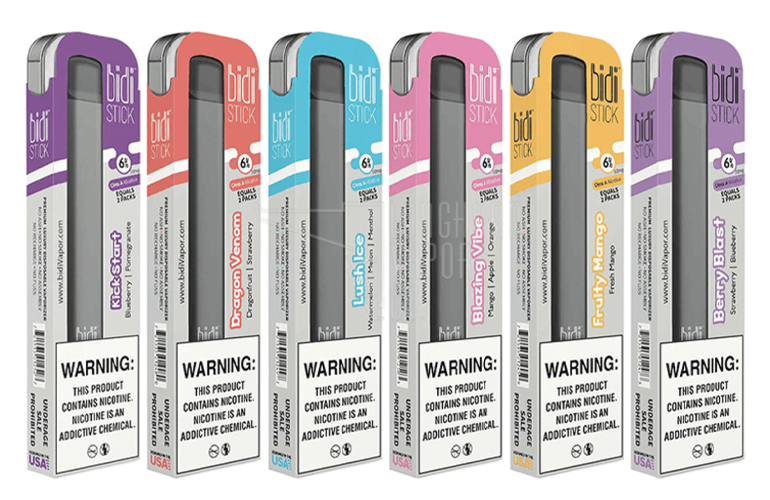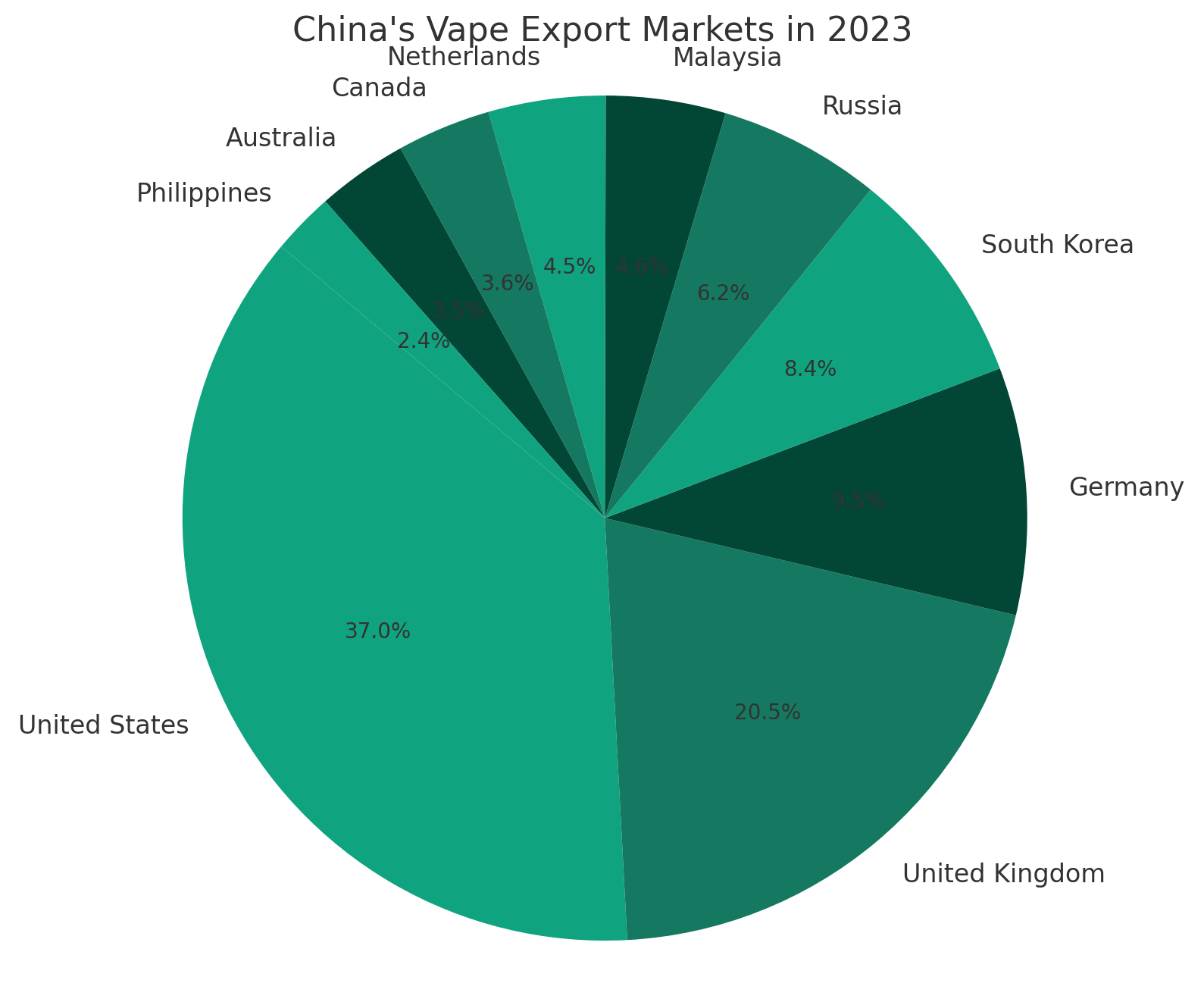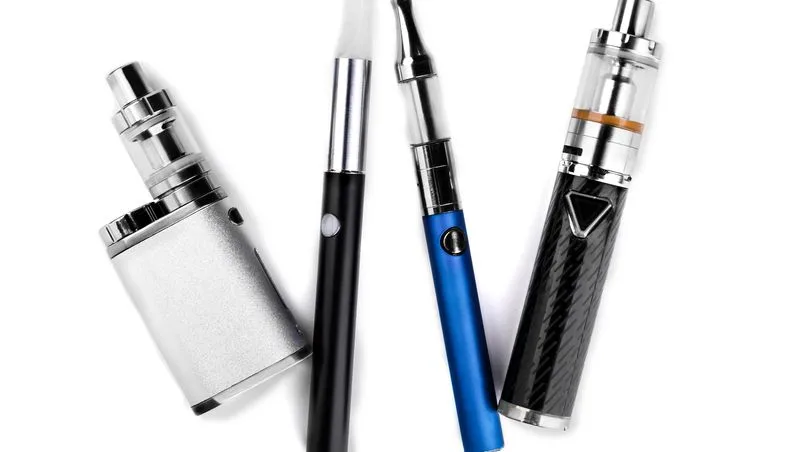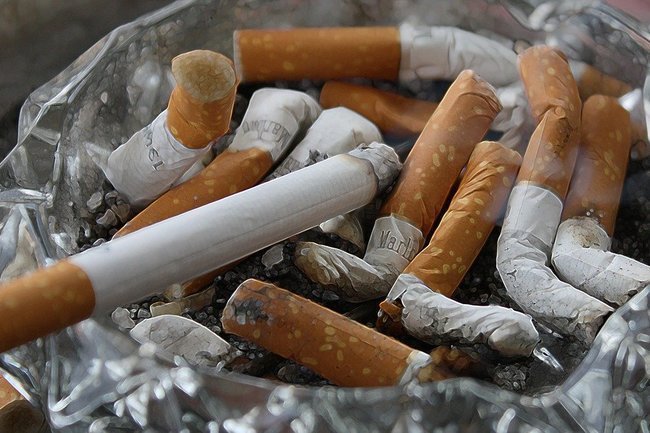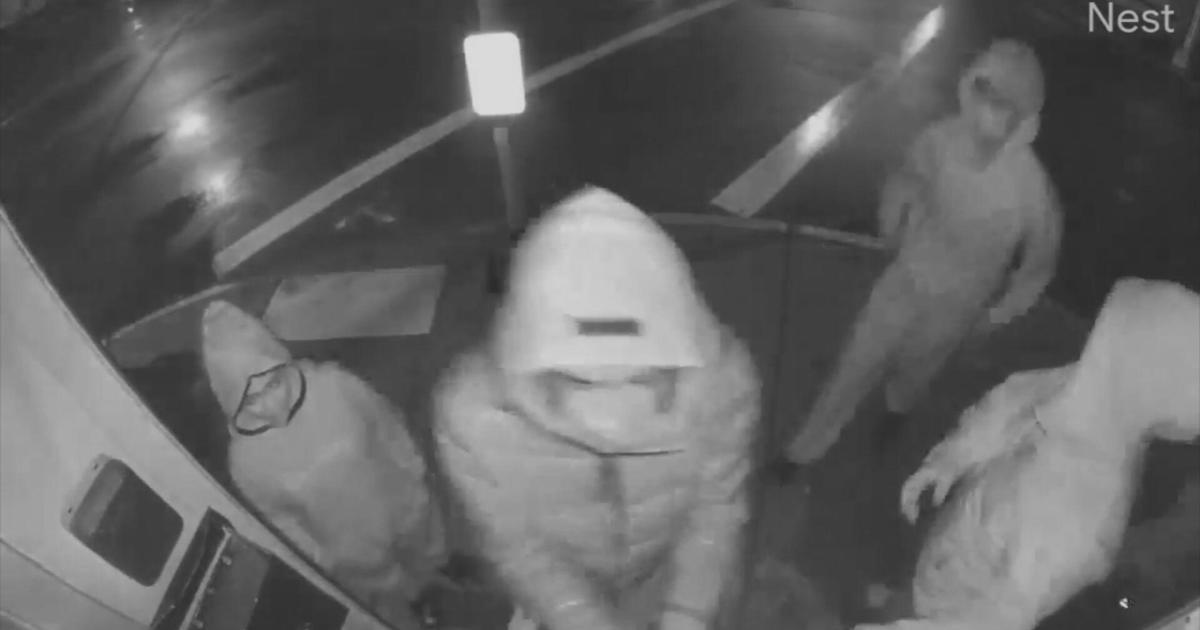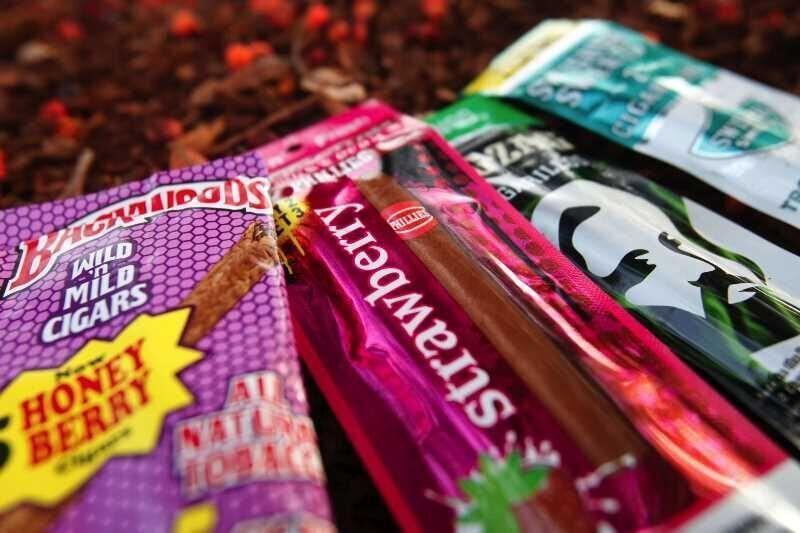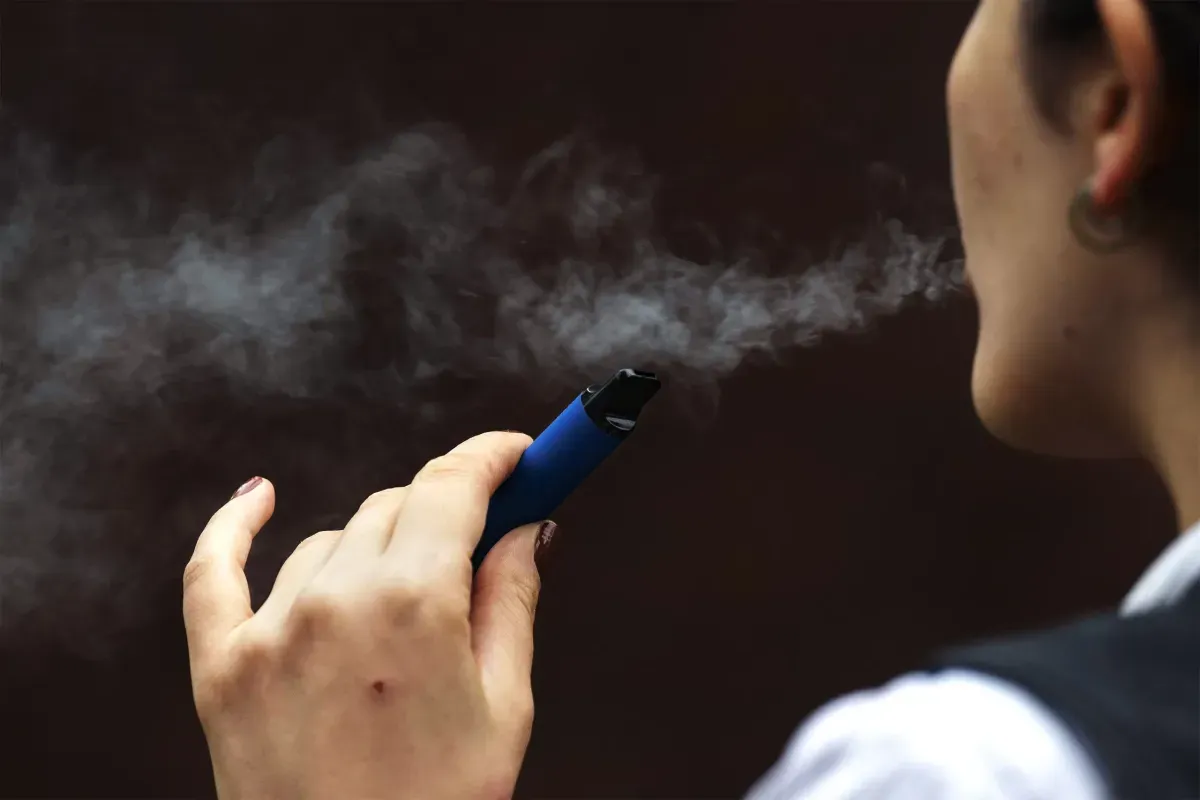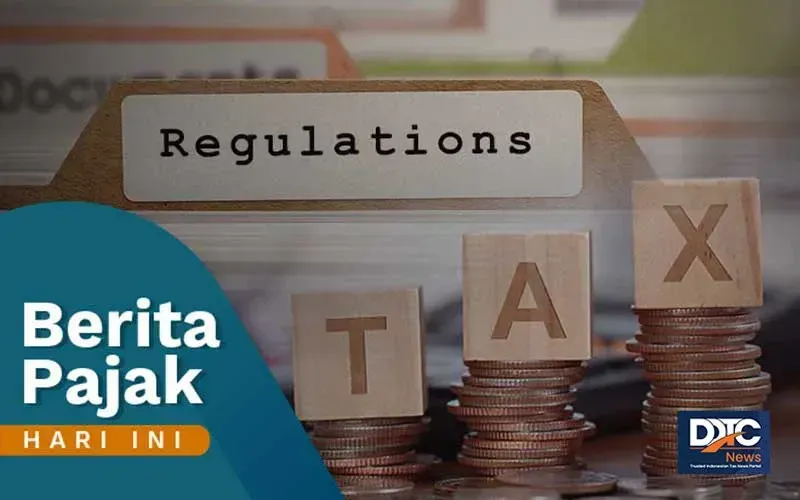Canadian authorities have seized nearly $45,000 worth of illegal e-cigarette products over the past eight months, according to a report by Canadian media outlet Guelph Today. The public health department in Ontario has confiscated these products from local retailers, with some cases involving creative concealment methods.
In one instance, a significant amount of illegal e-cigarette products was discovered during a food inspection, hidden behind a fake wall. In another case, a convenience store was found concealing illegal products within a makeshift container made from a binder clip. Phil Wong, the manager of the environmental health department, referred to these concealment methods as one of the most creative things he has ever seen.
The sale of e-cigarette products that violate Canadian regulations can result in fines ranging from 125 to 400 CAD under the Smoke-Free Ontario Act. These violations include selling products with nicotine levels exceeding the legal limit, purchasing unapproved products from overseas, and selling flavored products outside of professional e-cigarette stores.
The public health department has found products with nicotine concentrations exceeding 50 milligrams per milliliter, well beyond the legal limit of 20 milligrams per milliliter. Additionally, local stores have been purchasing e-liquids with unknown nicotine content from other countries, and one retailer was even blending and producing their own e-liquid.
The number of fines issued this year has surpassed the total of the past five to six years combined, indicating a clear trend of non-compliance in the region. Many of the violations are related to the sale of flavored e-cigarette products at gas stations and convenience stores, as well as selling to minors under the age of 19.
A sting operation conducted by public health officials on 201 e-cigarette retailers in the region revealed that 30% of the interactions resulted in sales to minors, signaling the highest ratio seen thus far. Selling tobacco products to teenagers multiple times during the testing period could result in an automatic ban on tobacco products.
Dr. Nicola Mercer, Director of Public Health, emphasized the seriousness of selling tobacco and e-cigarette products to minors, as there are limited medical means to help them quit once addicted. The long-term effects of e-cigarettes are not yet clear, and there is an urgent need for government policies to improve enforcement and regulation in the industry.
Additionally, the public health department has introduced an online complaint tool to report retailers selling illegal products or selling to minors. Educational modules for teenagers and targeted enforcement efforts near schools are also being developed to address the issue.
Source link


